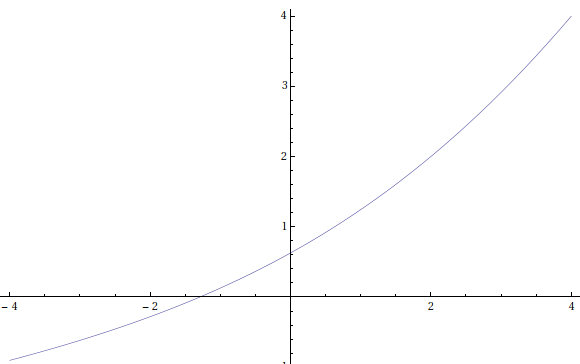If you take an exponential with a base $a < e^{1/e}$, finding the iterative square root of $f(x)=a^x$ is not so difficult.
You can use one of the following formulas:
$$f^{[1/2]}(x)=\sum_{m=0}^{\infty} \binom {1/2}m \sum_{k=0}^m \binom mk (-1)^{m-k}\exp_a^{[k]}(x)$$
$$f^{[1/2]}(x)=\lim_{n\to\infty}\binom {1/2} n\sum_{k=0}^n\frac{x-n}{x-k}\binom nk(-1)^{n-k}\exp_a^{[k]}(x)$$
$$f^{[1/2]}(x)=\lim_{n\to\infty}\frac{\sum_{k=0}^{2n} \frac{(-1)^k \exp_a^{[k]}(x)}{(1/2-k)k!(2n-k)!}}{\sum_{k=0}^{2n} \frac{(-1)^k }{(1/2-k) k!(2n-k)!}}$$
$$f^{[1/2]}(x)=\lim_{n\to\infty} \log_a^{[n]}\left(\left(1-\left(\ln \left(\frac{W(-\ln a)}{-\ln a}\right)\right)^{1/2}\right)\frac{W(-\ln a)}{-\ln a}+\ln \left(\frac{W(-\ln a)}{-\ln a}\right)\exp_a^{[n]}(x)\right)$$
Here is a graph of an iterative square root of a function $f(x)=(\sqrt{2})^x$:

Regarding second part of the question, such a specially constructed function is called a superfunction or flow. For basebases $a \le e^{1/e}$ superfunctionsuperfunctions can be easily constructed from the above formulas by substituting a variable instead offor 1/2. Of course the superfunction is not unique but there are certain more "natural" solutions.
The question becomes more difficult when speaking about the base $a>e^{1/e}$. But in this case the superfunction can also be constructed, see this articlethis article.
